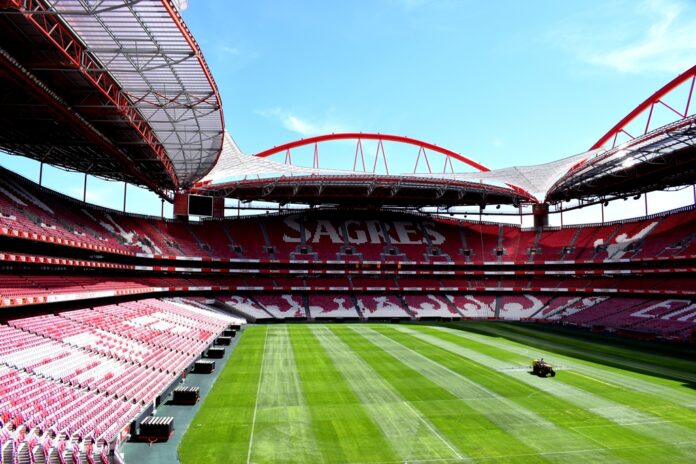GENEVA: A new group for European clubs feeling isolated in soccer politics dominated by wealthy rivals was announced Wednesday.
The Union of European Clubs is being created after an intense 18 months of debate and decisions on reforming UEFA competitions like the Champions League plus the failed Super League project that rocked the industry.
“It will be a game-changer,” law academic Katarina Pijetlovic said, revealing the new association at the Play The Game sports integrity conference in Odense, Denmark.
Set up to represent community-driven and middle- to lower-ranked clubs, the UEC shapes as an alternative to the European Club Association that has key influence with UEFA.
The goals of so-called middle-class clubs were aired by Eintracht Frankfurt leaders during the German club’s push to win the Europa League in May as UEFA finalized post-2024 revamps of club competition formats and entry paths. An unfinished debate is how to share out billions of euros (dollars) in broadcast and sponsor money among clubs across Europe.
“It is the organization that aims to gather all the clubs that for one or another reasons feel their interests are not adequately represented at European level by ECA, or that they are not represented at all,” Pijetlovic said.
The ECA has about 250 full and associate members who qualified for recent UEFA competitions but has typically been controlled by a select few storied clubs.
A group of 12 of the ECA’s then-leaders last year plotted the Super League as a direct rival to UEFA and the Champions League.
Though the breakaway collapsed within days — amid a fierce backlash from fans, governments and soccer pundits — the European Court of Justice in Luxembourg has a July 11-12 hearing that will challenge UEFA’s authority. That case is being driven by Real Madrid, Barcelona and Juventus.
“Just because clubs are richer it shouldn’t give them more say in governance,” Pijetlovic said Wednesday.
Officials involved in the new union have spoken to about 100 potential member clubs in all levels of European soccer leagues, said Pijetlovic, a lecturer at Manchester Metropolitan University in England.
Its aims include helping clubs and leagues be more professionally run and improve sporting and financial competitiveness, she said.
Sign in
Welcome! Log into your account
Forgot your password? Get help
Password recovery
Recover your password
A password will be e-mailed to you.

